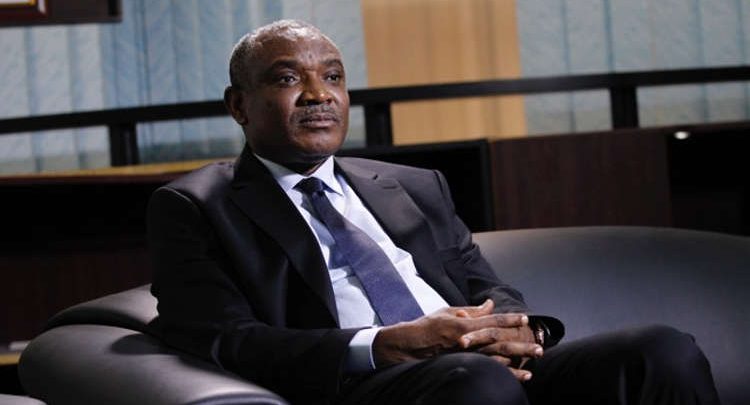Recently, there has been strident demand for the restructuring of the country and the devolution of powers from the federal government to the States.
The proponents of restructuring and power devolution contend it will enhance good governance, promote efficiency, reduce waste, and foster economic growth.
Undoubtedly, Local Governments are a tier of government that has been given judicial approbation recently by the Supreme Court of Nigeria in the celebrated case of Attorney-General of the Federation versus 36 Governors.
I therefore wonder aloud the attempt by some people to federalize the conduct of Local Government Elections.
If the Local Government are a tier of government and autonomous, then they should be allowed to conduct their own elections and do whatever they want.
I therefore cannot understand the rationale behind the bill tabled before the Senate by Senator Sani Musa of Niger State, for the establishment of the National Local Government Independent Electoral Commission,which would be vested with the power to conduct Local Government elections in the country.
The federal government is already overburdened with so many responsibilities that are making its clay footing inefficient and I therefore do not see any reasons whatsoever why it should again be saddled with the responsibility for the conduct of Local Government Elections in 774 local government areas in the country.
If Local Governments can not regulate themselves responsibly, then they shouldn’t exist.
The power of the conduct of Local Government Elections should remain with the States’ Electoral Commission, but these commissions must be democratized and free from control of state governors.
The State Houses of Assembly must arise from their present state of self-induced and inflicted comatose and free themselves from the control and fiefdom of magistral and dictatorial governors.
If Houses of Assemblies can not perform the basic functions of making progressive laws for the peace, stability and good governance of the States, then they should equally be abrogated.
The Constitution loudly proclaimed that Nigeria operates a federal system of government.
Federalism is a political system in which power is divided between a central authority (the federal government) and constituent political units (states, provinces, or regions).
The system aims to balance the needs of a unified whole with the autonomy of its constituent parts.
The key characteristics of federalism include:
- Dual sovereignty: Both the federal government and the states or federating units have significant powers.
- Division of powers: Clearly defined responsibilities are assigned to each level of government.
- Autonomy: States have a degree of self-governance and decision-making authority.
- Shared powers: Some powers are exercised jointly by the federal government and the states.
- Constitutional framework: A constitution outlines the powers and limits of each level of government.
Undoubtedly, federalism promotes:
- Regional diversity and autonomy
- Encourages political participation and representation
- Allows for experimentation and innovation in governance
- Provides a framework for resolving conflicts and disputes
- Promotes unity and stability while acknowledging regional differences.
I agree that Nigeria’s federalism must suit the country’s historical experiences, environmental ecosystem, psychology, peculiarities, and political barometer.
However, any attempt to run a hybrid of unitarianism and federalism will definitely boomerang.
This is already what has been the remote and immediate causes of the current economic suffocation and hemorrhage, confronting and grappling the country.
Okoi Obono-Obla Esq a veteran rights lawyer and former guber candidate, served as Chairman of the Special Investigation Panel for the Recovery of Public Property and Special Assistant on Prosecution to President Muhammad Buhari.
NB: Opinions expressed in this article are strictly attributable to the author, Okoi Obono-obla Esq and do not represent the opinion of CrossRiverWatch or any other organization the author works for/with.
Since You Are Here, Support Good JournalismCrossRiverWatch was founded on the ideals of deploying tech tools to report in an ethical manner, news, views and analysis with a narrative that ensures transparency in governance, a good society and an accountable democracy. Everyone appreciates good journalism but it costs a lot of money. Nonetheless, it cannot be sacrificed on the altar of news commercialization. Consider making a modest contribution to support CrossRiverWatch's journalism of credibility and integrity in order to ensure that all have continuous free access to our noble endeavor. CLICK HERE |
New Feature: Don't miss any of our news again.Get all our articles in your facebook chat box.Click the Facebook Messenger Icon below to subscribe now
Text Advert by CRWatch :Place Yours
Will You To Learn How To Make Millions Of Naira Making Special Creams From Your Kitchen?.Click Here
Expose Your Business And Make More Sales. Advertise On CrossRiverWatch.com Today

